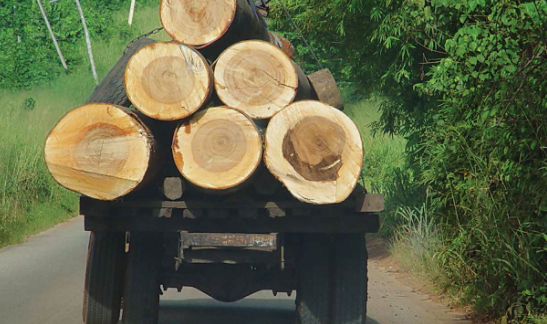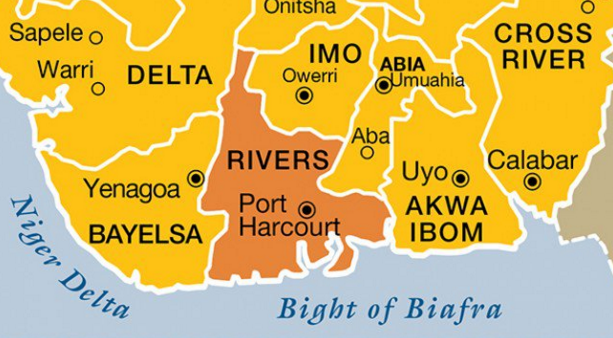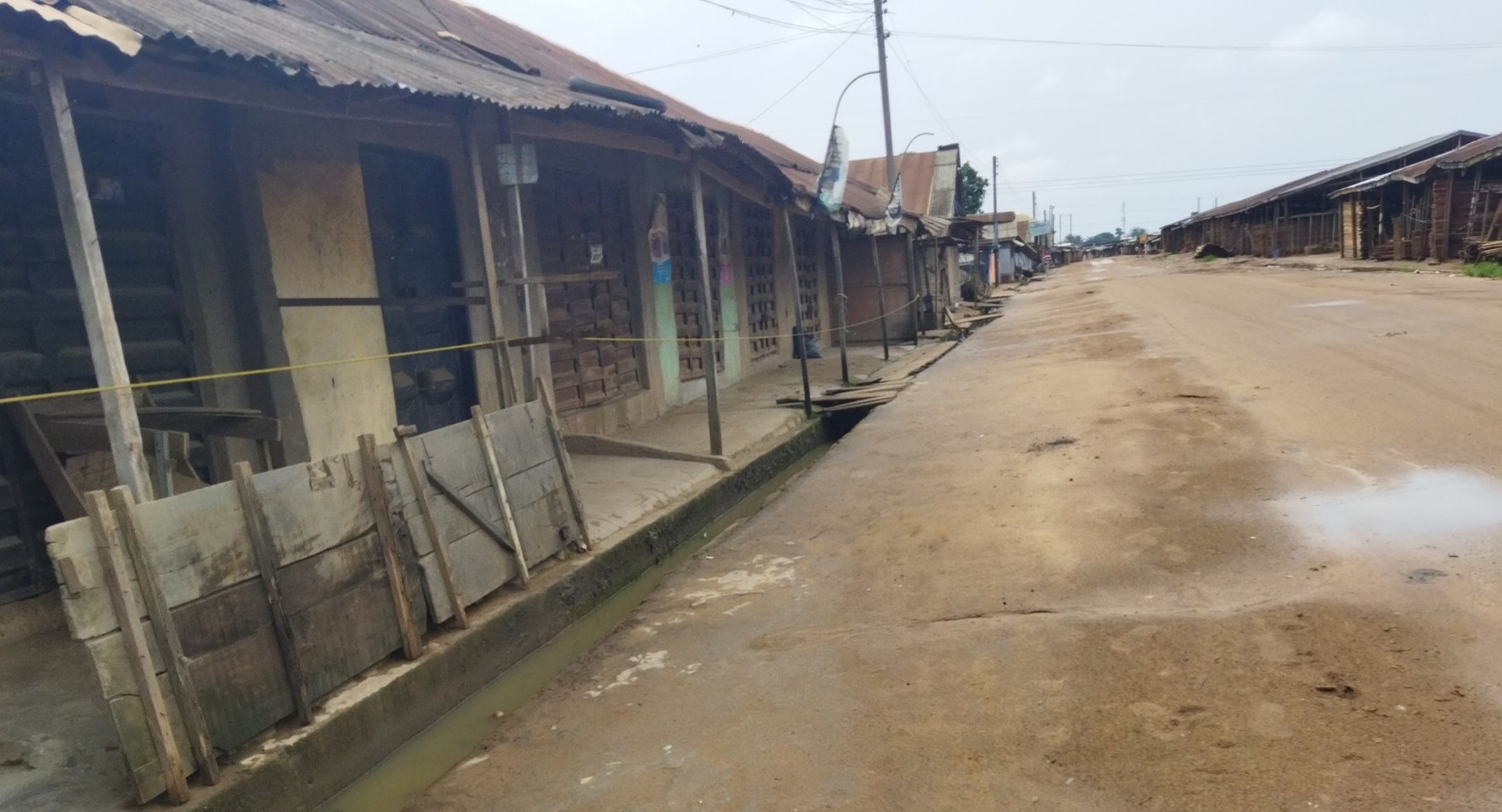Despite directly impacting our communities, health, and livelihood, climate-related reports usually take a back seat to dominant news beats like politics and business. Climate Watch aims to ensure you never miss important stories on climate change and actions being taken towards limiting its impact.
Here is a round-up of last week’s climate stories:
- The oil market instability has shown many nations that oil revenue is not reliable and that renewables are the future of the economy of nations. This is one truth Nigeria learned the bitter way in 2020 when it could not generate enough revenue because the oil market was grounded as a result of the pandemic. However, prior to this time, Russia and Nigeria were already in the process of sealing major deals in the oil and gas sector. With several Russian oil companies eyeing Nigeria’s natural resources. Going by the report recently released by the International Energy Assessment (IEA), countries need to end any further fossil fuel projects if they are to achieve the below 1.5C limit. On whether or not Nigeria and Russia should continue with their plans of oil and gas exploration or transition to renewable energy, experts expressed different views in this article.
- Peter Minang, an environmentalist, has said that for Nigeria to stop the felling of forest trees for charcoal production, it has to encourage the use of efficient cooking stoves that require less wood for cooking. The felling of Nigerian forest trees for timber or charcoal has increasingly led to deforestation and land degradation. According to him, Africa is among the continents most affected by land degradation and about 500 million hectares of African land have been degraded. Read the report here to see what causes this degradation.
Advertisement
- Muhammad Mahmood Abubakar, minister of environment, has reaffirmed Nigeria’s determination towards achieving its NDCs and cutting down its carbon emission. The minister said this during the submission of its revised nationally determined contribution (NDC) report to the United Nations Framework Convention on Climate Change (UNFCCC). The submission also certifies Nigeria to compete in the nationally appropriate mitigation action (NAMA) call for proposal and others to mobilise funding for climate action around the globe, especially to finance the mitigation measures of the NDC.
- In addition to submitting its NDCs, the Nigerian government has also committed to protecting its forests alongside 22 other countries. They endorsed a joint statement under the COP26 Forest, Agriculture and Commodity Trade (FACT), committing themselves to work together to protect the world’s precious forests while also promoting sustainable trade and supply chains of agricultural commodities across country borders.
- The National Emergency Management Agency (NEMA) has received new equipment to aid in disaster risk management across the country. The equipment, donated by Japan, was inducted in Abuja during the presentation of the NEMA 2020 annual report to Sadiya Umar Farouq, minister of humanitarian affairs. According to the agency, the equipment, which includes nine rescue vehicles and four mobile water purifier systems, will be distributed to NEMA offices in the six geopolitical zones. Farouk charged NEMA to ensure effective deployment of the equipment in its service delivery. Read more of what the equipment will be used for here.
Advertisement
- Kehinde Aremu, the state coordinator of NYSC in Anambra, said erosion was beginning to threaten major structures within the permanent orientation camp in the Umuawulu/Mbaukwu area. Therefore, the NYSC in the state embarked on a tree-planting exercise to help prevent soil erosion. Going by the directive of the director-general of NYSC, Shaibu Ibrahim, the Anambra coordinator said about 100 trees will be planted in the first phase of the exercise to save the environment.
- The Nigerian Human Rights Community (NHRC) says illegal tree felling and exportation pose a major threat to the livelihood of indigenous people across the country. The group warned that forest reserves, wood species, and economic trees are being “mauled down with desperation”. The group accused Chinese, Koreans, and Lebanese nationals of illegal tree felling in 16 states.
Add a comment






